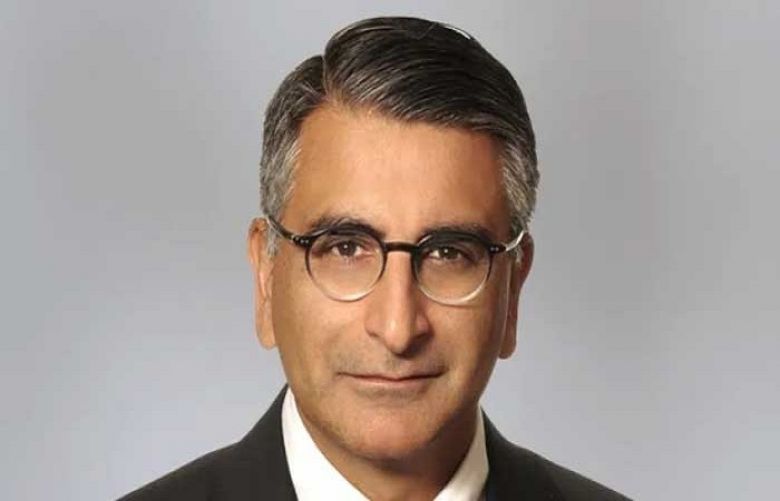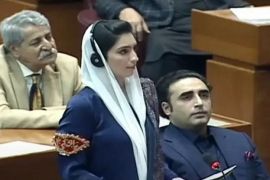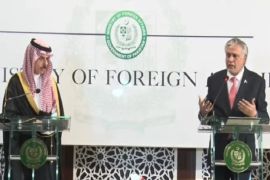Prime Minister Justin Trudeau has nominated Justice Mahmud Jamal as the next member of the Supreme Court of Canada – the first Muslim judge to take the seat.
He will replace Justice Rosalie Abella, who retires from the top court on Canada Day, according to CBC News.
"I know that Justice Jamal, with his exceptional legal and academic experience and dedication to serving others, will be a valuable asset to our country's highest court," the Canadian PM said in a statement issued to the media.
The fully bilingual Justice Jamal was appointed to the Court of Appeal for Ontario in 2019 and appeared in 35 appeals before the Supreme Court of Canada on civil, constitutional, criminal and regulatory issues.
Justice Jamal has also taught constitutional law at McGill University and administrative law at Osgoode Hall Law School.
Under the Liberal government's appointment process, judges to the top court are nominated by the prime minister on the recommendation of the court's advisory council.
In a questionnaire given to him, Justice Jamal said: "At this stage of my life, there is no more meaningful way for me to contribute to the law and the pursuit of justice than through public service as a judge."
"Every judge knows what an extraordinary privilege and responsibility it is to be entrusted with the judicial role.
"Every case is consequential, even if not precedential, because it matters to the parties. I try to approach each case with an open mind and a willingness to listen, both to counsel and to my colleagues — it is always more important to listen than to speak."
Profile
He was born in Nairobi, Kenya in 1967 to a family originally from India. His family moved to the UK in search of a better life in 1969 and settled in Edmonton in 1981 where he attended high school.
He is the first person in his family to attend university. He spent a year at the London School of Economics before getting his economics degree from the University of Toronto.
He then went to McGill to study common law and Quebec civil law before getting his graduate law degree from Yale Law School.







